UNESCO COMMITTEE ON HASHIMA ISLAND
입력 2021.07.13 (15:11)
수정 2021.07.13 (16:56)
읽어주기 기능은 크롬기반의
브라우저에서만 사용하실 수 있습니다.
[Anchor Lead]
The UNESCO World Heritage Committee has expressed strong regret over Japan’s distortion of Hashima Island’s wartime history. In an unprecedented move, the committee sent a warning to Japan over its failure to keep its promise to let the world know about the history of wartime forced labor on the island.
[Pkg]
The UNESCO World Heritage Committee has posted a report on its website about Japan’s distortion of historical facts about forced labor on Hashima Island and other industrial sites. The report points out that the forced conscription of Korean workers in the 1940s were not disclosed properly. It added that measures to pay respect to the victims were also insufficient. The report even contains the phrase “strongly regrets” regarding Japan’s implementation of follow-up measures. It’s quite rare for UNESCO, an organization known to refrain from political judgment, to issue a strong warning. When Japan applied for the inscription of Hashima Island as a UNESCO World Heritage site, it promised to let the world know about the forced conscription of scores of Korean workers whose lives were sacrificed on the island.
[Soundbite] Kuni Sato(Japanese ambassador to UNESCO at the time)
In June 2020, Japan opened an information center in Tokyo to educate the public about the history of forced labor on Hashima Island. But instead of telling visitors about the tragic history, it praises Japan’s modernization. Last month, UNESCO and the International Council on Monuments and Sites set up a joint taskforce to investigate the center, and wrote a 60-page report. The report concluded that measures to allow an understanding of those brought against their will and forced to work are currently insufficient. The committee is expected to adopt the report at a general meeting after July 21.
The UNESCO World Heritage Committee has expressed strong regret over Japan’s distortion of Hashima Island’s wartime history. In an unprecedented move, the committee sent a warning to Japan over its failure to keep its promise to let the world know about the history of wartime forced labor on the island.
[Pkg]
The UNESCO World Heritage Committee has posted a report on its website about Japan’s distortion of historical facts about forced labor on Hashima Island and other industrial sites. The report points out that the forced conscription of Korean workers in the 1940s were not disclosed properly. It added that measures to pay respect to the victims were also insufficient. The report even contains the phrase “strongly regrets” regarding Japan’s implementation of follow-up measures. It’s quite rare for UNESCO, an organization known to refrain from political judgment, to issue a strong warning. When Japan applied for the inscription of Hashima Island as a UNESCO World Heritage site, it promised to let the world know about the forced conscription of scores of Korean workers whose lives were sacrificed on the island.
[Soundbite] Kuni Sato(Japanese ambassador to UNESCO at the time)
In June 2020, Japan opened an information center in Tokyo to educate the public about the history of forced labor on Hashima Island. But instead of telling visitors about the tragic history, it praises Japan’s modernization. Last month, UNESCO and the International Council on Monuments and Sites set up a joint taskforce to investigate the center, and wrote a 60-page report. The report concluded that measures to allow an understanding of those brought against their will and forced to work are currently insufficient. The committee is expected to adopt the report at a general meeting after July 21.
■ 제보하기
▷ 카카오톡 : 'KBS제보' 검색, 채널 추가
▷ 전화 : 02-781-1234, 4444
▷ 이메일 : kbs1234@kbs.co.kr
▷ 유튜브, 네이버, 카카오에서도 KBS뉴스를 구독해주세요!
- UNESCO COMMITTEE ON HASHIMA ISLAND
-
- 입력 2021-07-13 15:11:27
- 수정2021-07-13 16:56:19
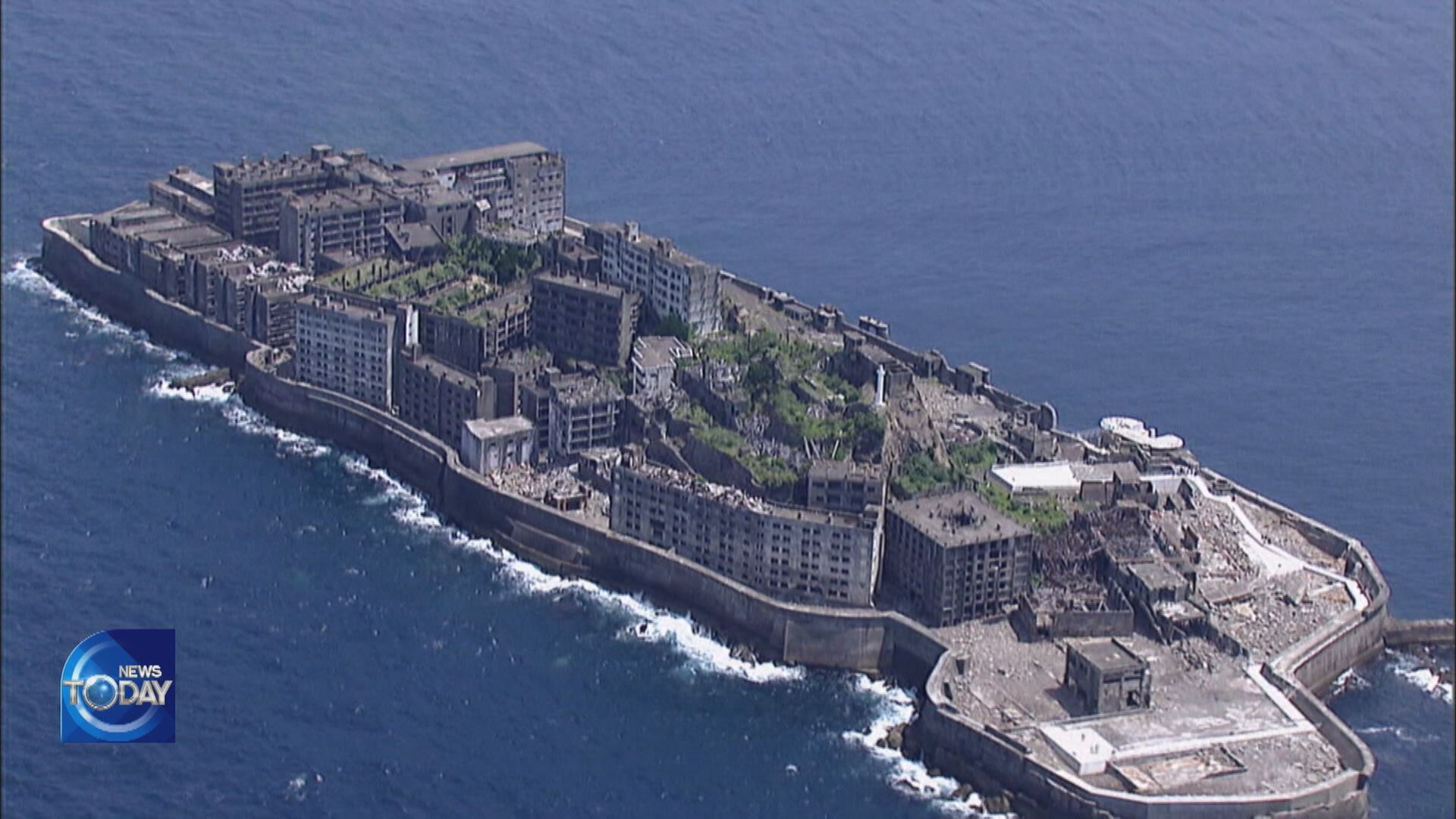
[Anchor Lead]
The UNESCO World Heritage Committee has expressed strong regret over Japan’s distortion of Hashima Island’s wartime history. In an unprecedented move, the committee sent a warning to Japan over its failure to keep its promise to let the world know about the history of wartime forced labor on the island.
[Pkg]
The UNESCO World Heritage Committee has posted a report on its website about Japan’s distortion of historical facts about forced labor on Hashima Island and other industrial sites. The report points out that the forced conscription of Korean workers in the 1940s were not disclosed properly. It added that measures to pay respect to the victims were also insufficient. The report even contains the phrase “strongly regrets” regarding Japan’s implementation of follow-up measures. It’s quite rare for UNESCO, an organization known to refrain from political judgment, to issue a strong warning. When Japan applied for the inscription of Hashima Island as a UNESCO World Heritage site, it promised to let the world know about the forced conscription of scores of Korean workers whose lives were sacrificed on the island.
[Soundbite] Kuni Sato(Japanese ambassador to UNESCO at the time)
In June 2020, Japan opened an information center in Tokyo to educate the public about the history of forced labor on Hashima Island. But instead of telling visitors about the tragic history, it praises Japan’s modernization. Last month, UNESCO and the International Council on Monuments and Sites set up a joint taskforce to investigate the center, and wrote a 60-page report. The report concluded that measures to allow an understanding of those brought against their will and forced to work are currently insufficient. The committee is expected to adopt the report at a general meeting after July 21.
The UNESCO World Heritage Committee has expressed strong regret over Japan’s distortion of Hashima Island’s wartime history. In an unprecedented move, the committee sent a warning to Japan over its failure to keep its promise to let the world know about the history of wartime forced labor on the island.
[Pkg]
The UNESCO World Heritage Committee has posted a report on its website about Japan’s distortion of historical facts about forced labor on Hashima Island and other industrial sites. The report points out that the forced conscription of Korean workers in the 1940s were not disclosed properly. It added that measures to pay respect to the victims were also insufficient. The report even contains the phrase “strongly regrets” regarding Japan’s implementation of follow-up measures. It’s quite rare for UNESCO, an organization known to refrain from political judgment, to issue a strong warning. When Japan applied for the inscription of Hashima Island as a UNESCO World Heritage site, it promised to let the world know about the forced conscription of scores of Korean workers whose lives were sacrificed on the island.
[Soundbite] Kuni Sato(Japanese ambassador to UNESCO at the time)
In June 2020, Japan opened an information center in Tokyo to educate the public about the history of forced labor on Hashima Island. But instead of telling visitors about the tragic history, it praises Japan’s modernization. Last month, UNESCO and the International Council on Monuments and Sites set up a joint taskforce to investigate the center, and wrote a 60-page report. The report concluded that measures to allow an understanding of those brought against their will and forced to work are currently insufficient. The committee is expected to adopt the report at a general meeting after July 21.
이 기사가 좋으셨다면
-
좋아요
0
-
응원해요
0
-
후속 원해요
0










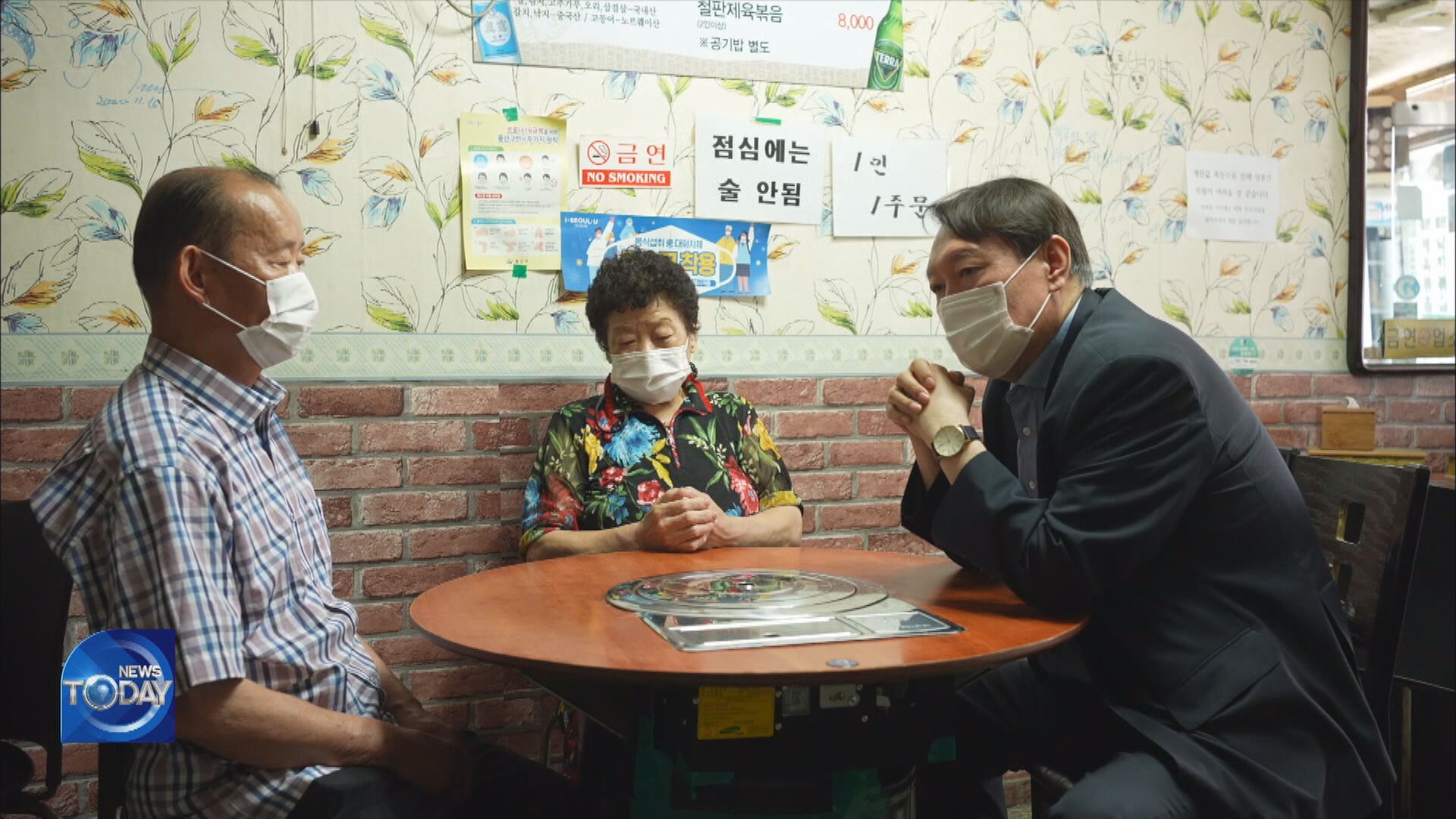
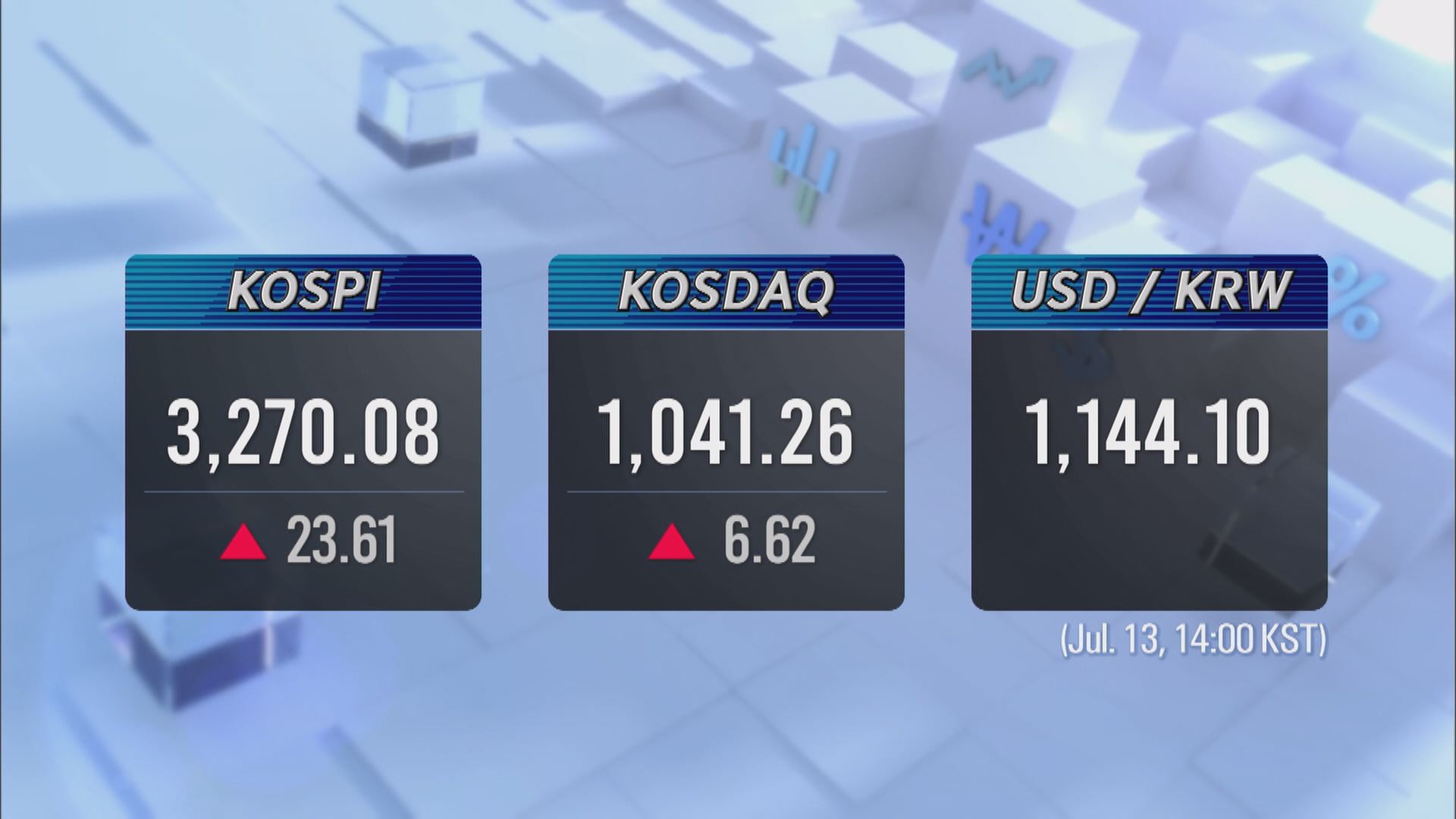
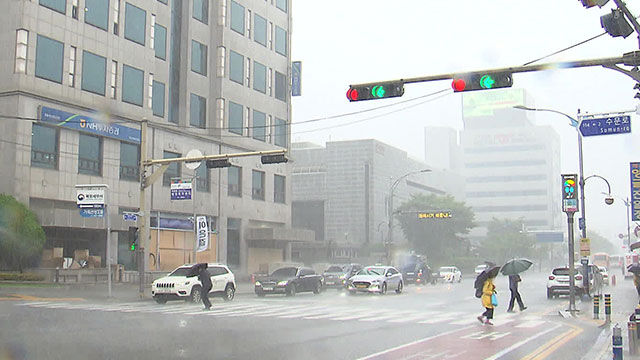
![[단독] 위성락 실장 “전작권 협상 카드 아냐”…차관 인선 발표](/data/layer/904/2025/07/20250713_krfuHu.jpg)
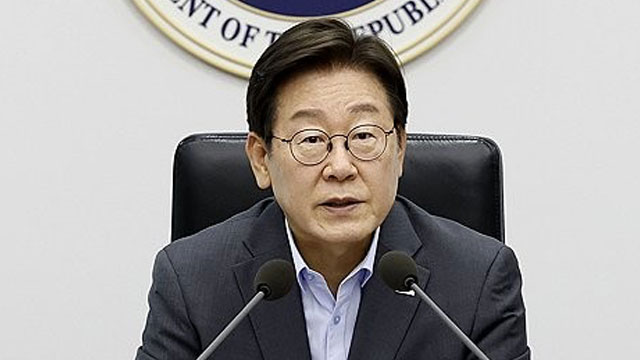
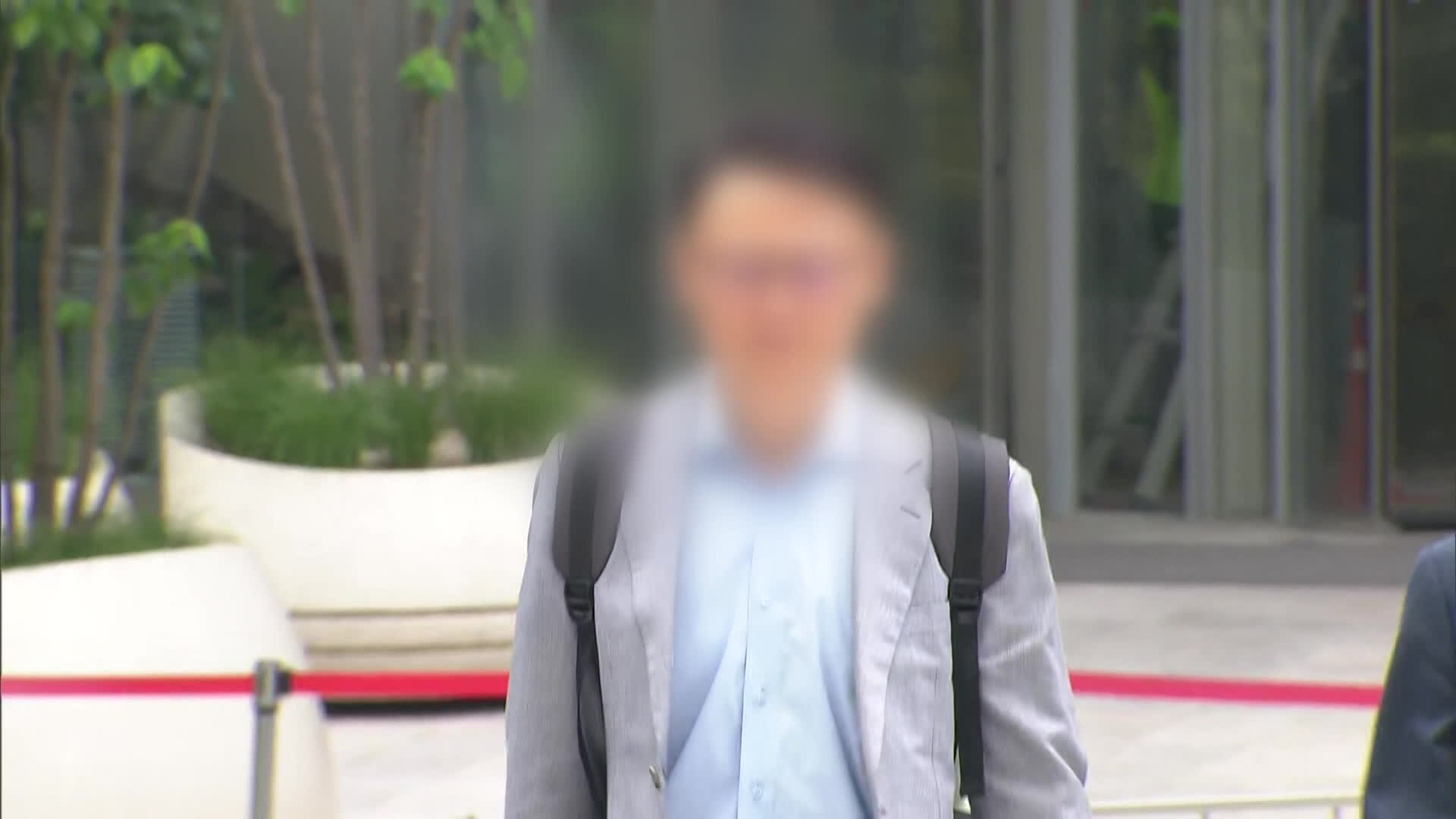

이 기사에 대한 의견을 남겨주세요.